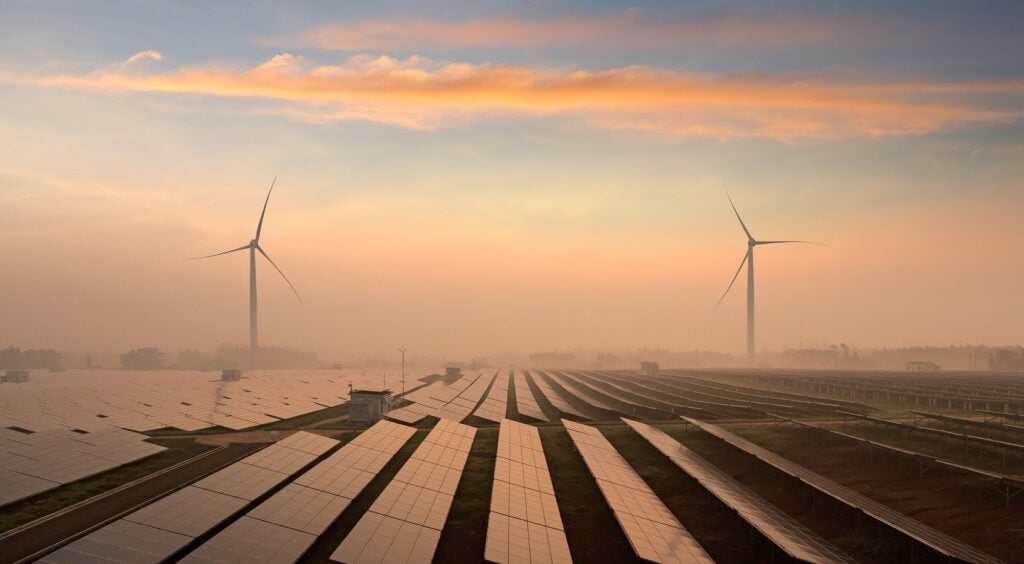Six of the UK’s leading renewable energy trade associations have called on energy secretary Greg Clark to embrace low carbon sectors in the UK’s industrial strategy or miss the chance to take a strategic lead.
A letter co-signed by the chief executives of the Electricity Storage Network, the Renewable Energy Association, RegenSW, RenewablesUK, Scottish Renewables and the Solar Trade Association was sent to Clark last week before being published earlier today.
That letter highlights the strategic benefits of supporting renewables and establishes six key asks for the UK’s industrial strategy, namely:
- A ‘robust assessment’ of the country’s future energy needs and a plan to meet these that is consistent with carbon objectives
- Assurances that the energy market remains competitive and capable of delivering low cost, low carbon supplies
- Opening up markets for smart technology and cost-effective power networks
- Regulatory and market reform to encourage energy storage technologies
- Support for British research and innovation
- A clear plan to support the bioeconomy, particularly in the heat and transport sectors
Highlighting how low carbon energy sources are now considered to be a low-cost option with reductions more akin to electronics than traditional infrastructure, the letter argues that renewables-led infrastructure would also prevent inflationary pressures and import dependency becoming prevalent.
“If we act early to develop the right frameworks, low-cost, clean energy combined with new storage solutions and the adoption of smart digital technologies will drive innovation and investment across the UK’s regions and potentially enable exceptional export opportunities across the world,” the letter states.
James Court, head of policy external affairs at the REA, warned that the window for gaining a competitive advantage in clean energy was small.
“Luckily this Industrial Strategy poises us to become leaders in a range of renewable and clean technologies, with significant benefits for industry and bill-payers alike.
“This sector is poised to provide new growth, and with the right support the sector’s technology and skills can be a key source of exports post-Brexit,” he said.
The industry meanwhile continues to wait on a number of key pieces of work in the policy and regulatory fields, most notably the emissions reduction plan which now looks set to be delayed even further due to today’s snap general election announcement.






